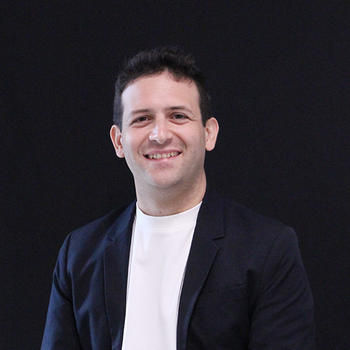Dr. Maxime Cedric Decaudin

Fellow in the project "Epochal Lifeworlds: Narratives of Crisis and Change"
Short Biography
Dr Maxime Decaudin is a Senior Lecturer at the National University of Singapore (NUS). Situated at the intersection of landscape studies and environmental history, his research examines the historical agency of nature in Asian contexts. In 2021, he completed a PhD in Art History at Sorbonne Université titled ‘A Barren Rock’: An Environmental History of Hong Kong Landscapes under British Colonization, 1794-1898. Prior to joining NUS, Maxime taught at the University of Hong Kong for ten years.
Project
Inventing the ‚Barren Rock‘: The Environmental Origin of Hong Kong’s Colonial MythsThe history of Hong Kong is often captured by the tale of a miraculous transformation of an island once considered a 'barren rock' into a flourishing port and an international financial hub. Hard work, audacious business perspicacity, technological progress, and infrastructural development supposedly enabled to overcome a naturally inhospitable and unpromising environment. This project proposes to investigate the historical intersections between Hong Kong's drastic environmental transformations and the production of narratives of change, improvement, and progress during the colonial era. It will explore the interplay between world-making and world-narration, how the apparent inhospitality of the island, and in particular the absence of forest, generated tales of economic success and colonial benevolence, and the role of cultural productions in linking the bareness of the landscape with political legitimacy.
The taking of Hong Kong in 1841 was an epoch-making moment in terms of international relations and European supremacy over the Chinese empire, but also had environmental consequences. The topography, heat, rice paddy fields, and diseases threatened to end the British military and commercial enterprise, but the rapid influx of inhabitants almost immediately exceeded the ecological carrying capacity of the island. The goal is to identify the numerous intersections between the series of drastic material transformations of the indigenous environment (world-making) such as reclamation, drainage, and afforestation, and the discursive consolidation of colonial legitimacy around narratives of technological and economic progress conveyed through political propaganda and cultural productions.
